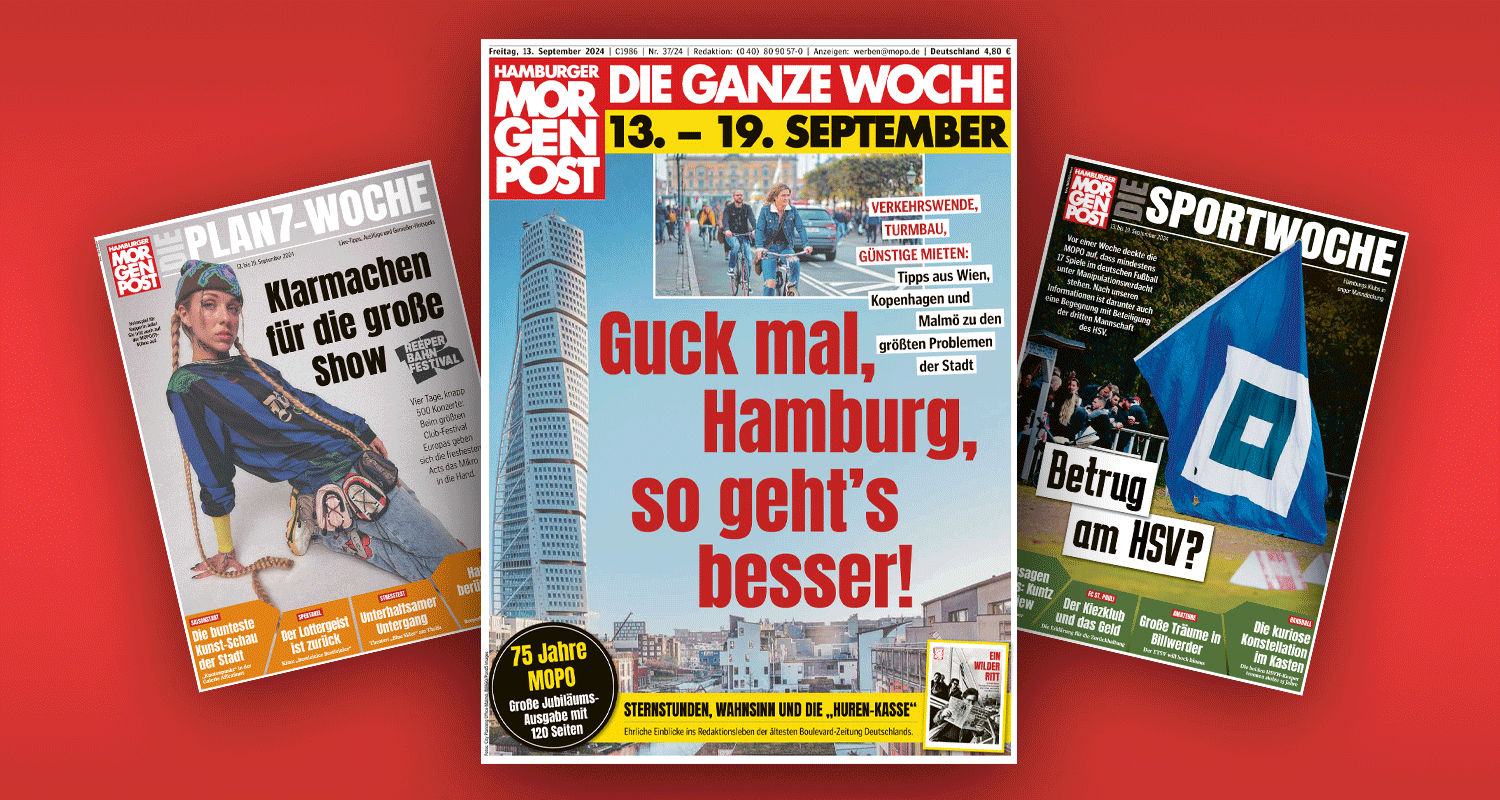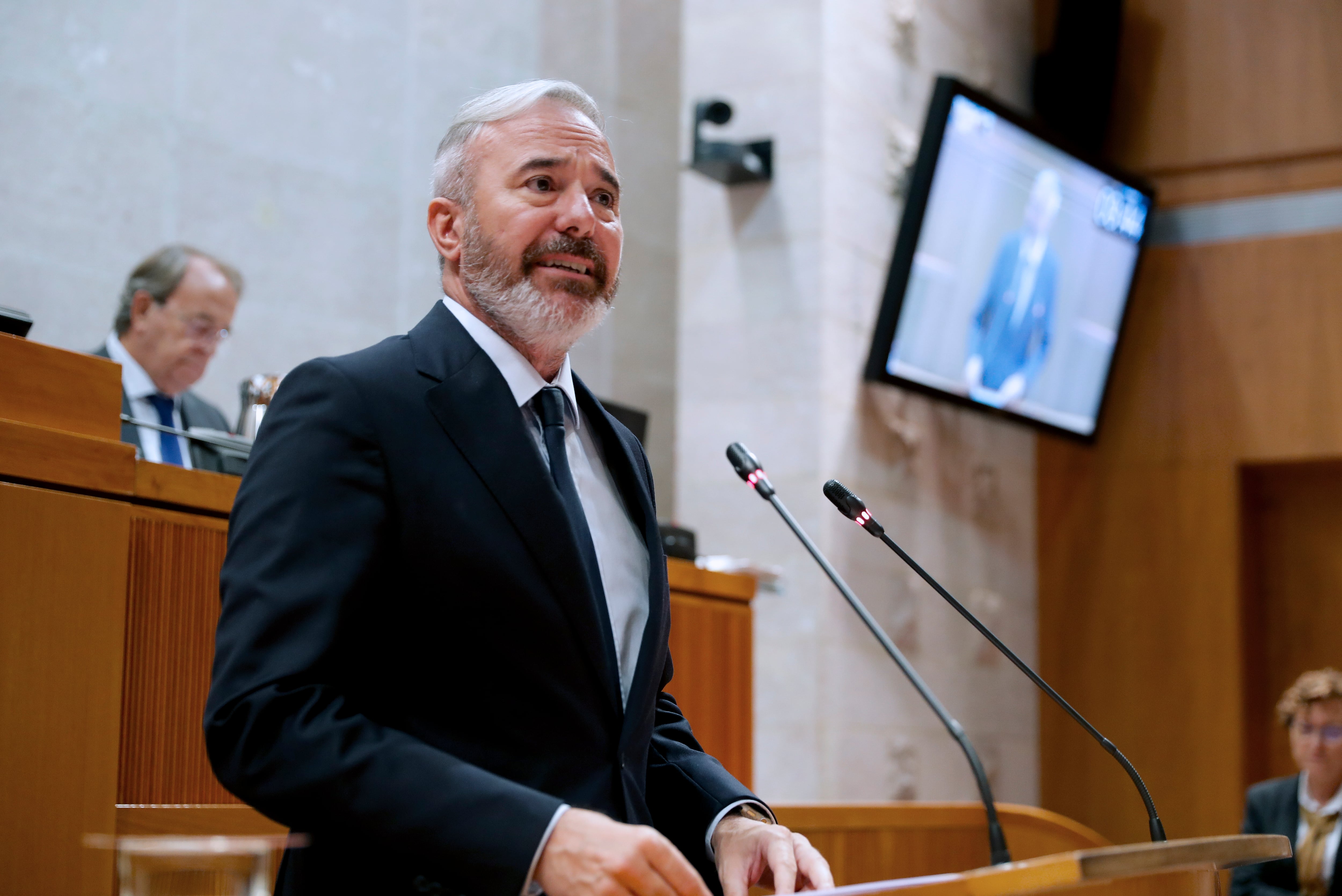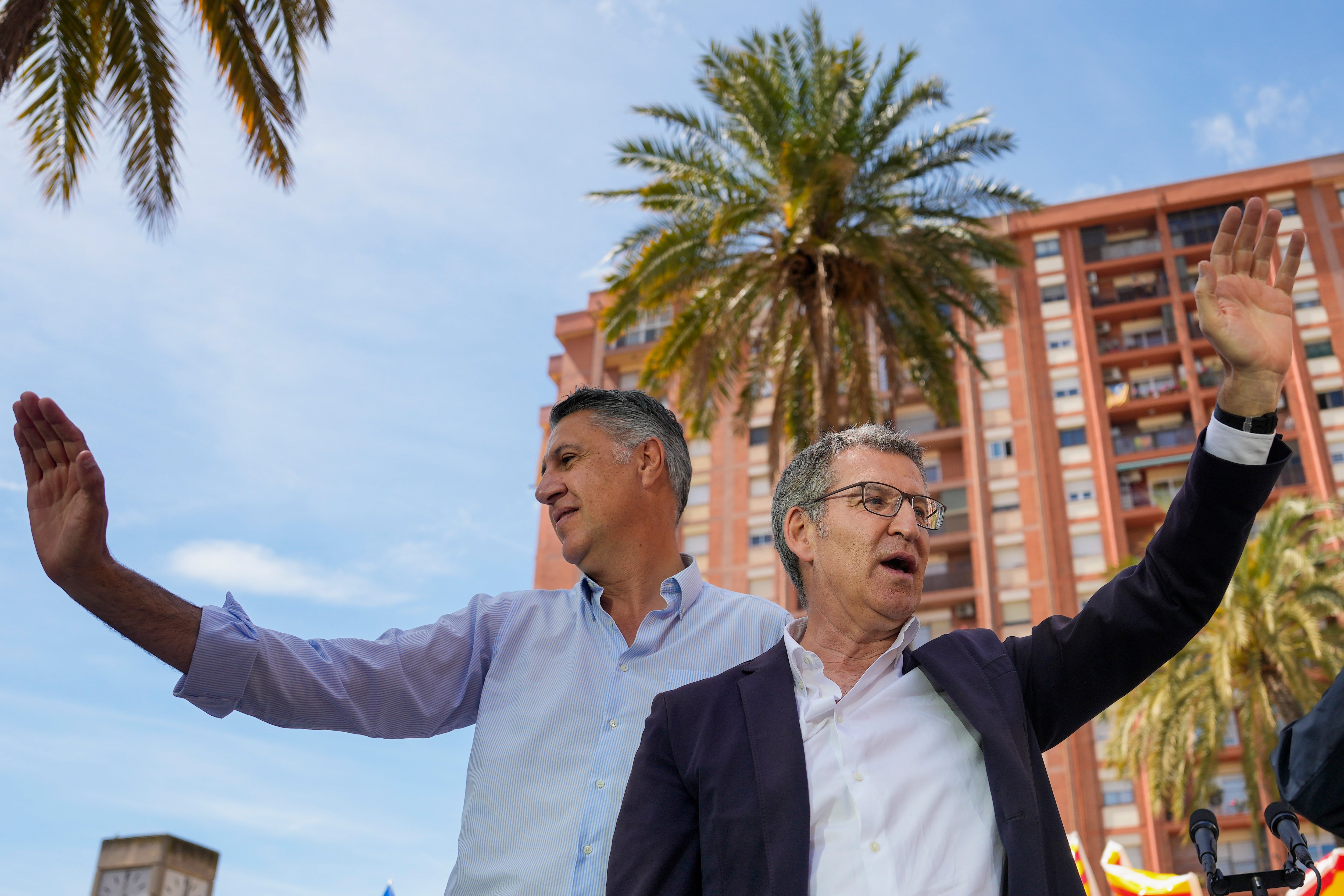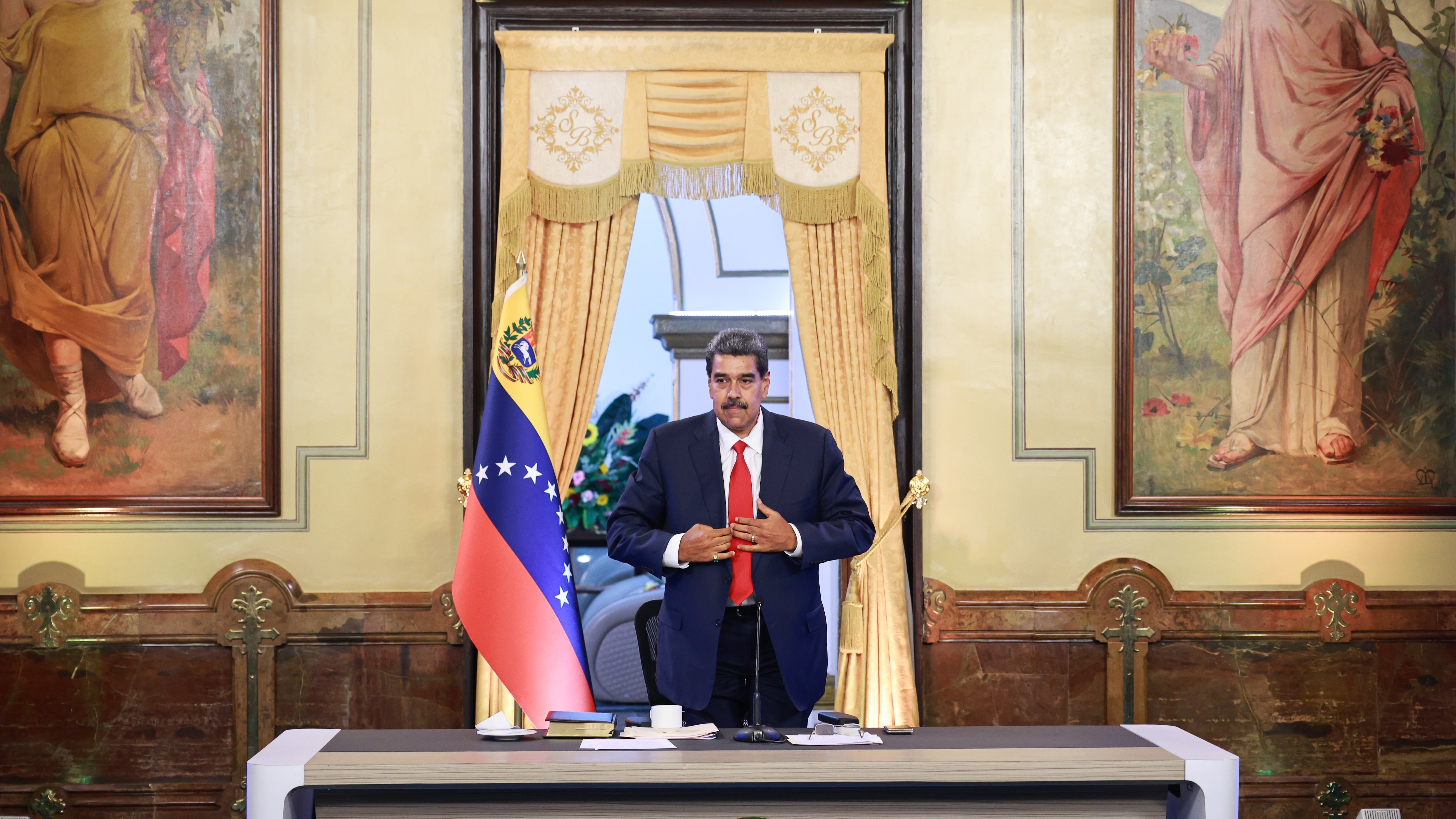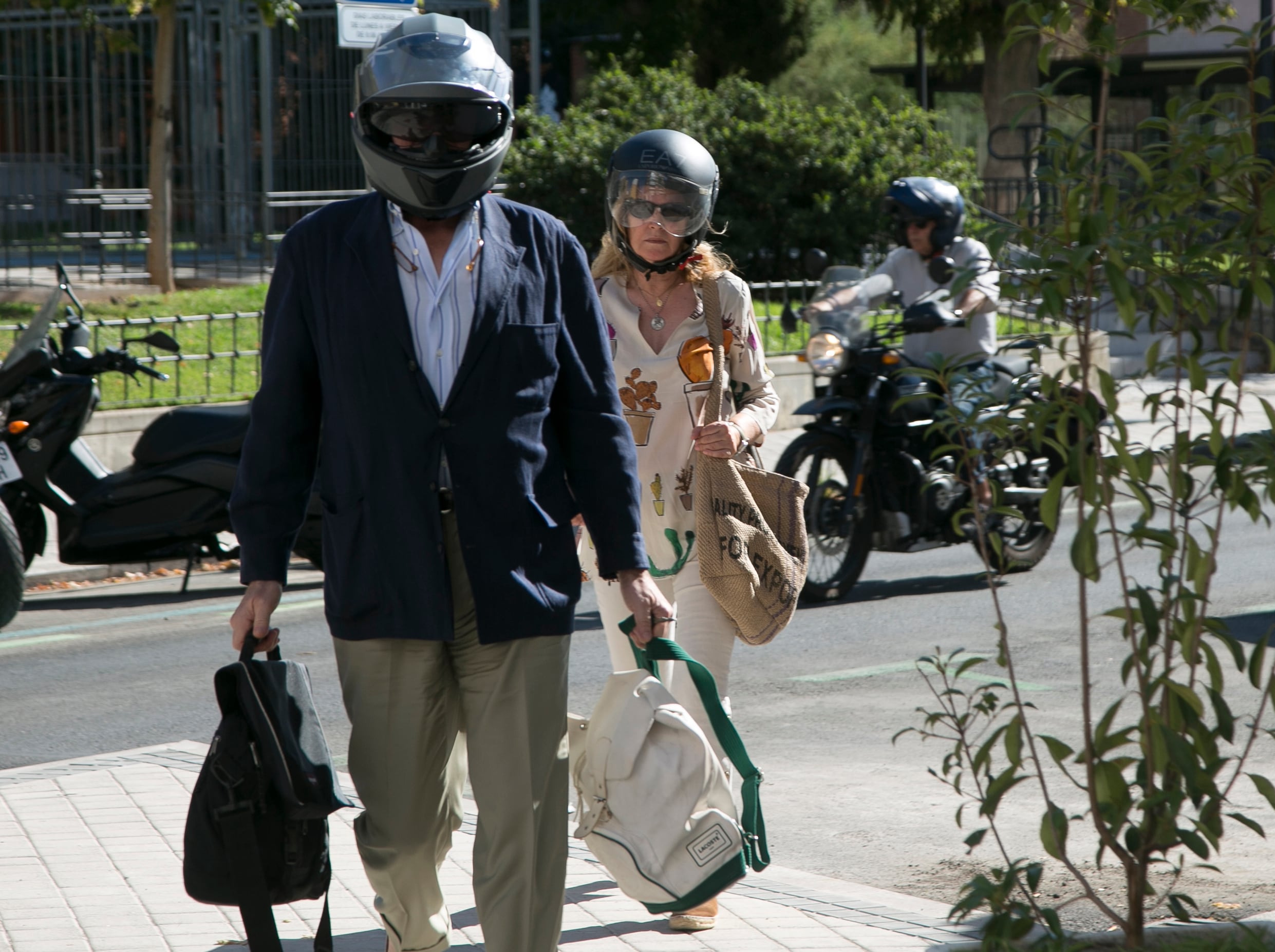In 25 years of standup comedy, Sebastian Maniscalco has played every kind of stage where jokes are told.
“Some of these venues definitely have a history behind them,” says Maniscalco, whose It Ain’t Right Tour brings him to the new Intuit Dome for its first-ever comedy show on Saturday, Aug. 17. “Like the Hollywood Bowl or Madison Square Garden.
“I grew up in Chicago, so when I go to the United Center, I have the memories of the Chicago Bulls winning championships there,” he says. “So sometimes it’s a personal connection to the venue, and sometimes it’s just an historic one.
“For me, moving out here in 1998, I did all these little rooms all over town,” Maniscalco says. “Performing at the Comedy Store on Sunday. There used to be a place called Miyagi’s near there, had sushi and comedy on Tuesdays. I never really thought that it would reach to where it has in the sense of performing at these arenas.
“I mean, yeah, sometimes you go to a city and it’s just another arena that happens to be in that city,” he says. “Then you go to the Intuit Dome and see what’s behind it and how much money was spent to make the experience really beautiful for the fans.
“To be part of the grand opening weekend is special for me.”‘
Maniscalco’s popularity as a comedian has exploded over the past decade. He’s also slipped into movie and TV roles, such as the current Max series “Bookie” and the 2023 feature film “About My Father” in which he played a version of himself and Robert DeNiro portrayed his father.
“For me, TV and film is more of a muscle I have to get used to, and I see myself doing more of it. But as far as standup, put it this way: If I got a Saturday night standup show, I’m chomping at the bit to get up on stage. If I have a six o’clock call time, not so much. It’s a different feeling.”
In an interview edited for length and clarity, Maniscalco talked about his biggest tour yet, planning its staging and material, and how he worked his way up from waiting tables in Los Angeles to comedy fame.
Q: You’re playing all these big arenas now, like four sold-out nights at Madison Square Garden. This must be one of your largest tours yet.
A: I’ve never done a full arena tour in the past. It’s always been a mix of arenas and theaters. But this time around we thought why don’t we just do an all-arena tour, since we’re going to be out there anyway and the production behind it is more than I ever did in the past.
Q: What can you share about this tour’s production?
A: I like to perform in the round, but I found that the round stage was a little bit cumbersome as far as me being a physical performer. I like to have some edges on the stage so we took the in-the-round and made it a triangle and then replicated that above me on the screens.
And I made the stage lower to the audience and put steps on the stage where, if I wanted to come down into the audience, that’s available to me. In the past, I just felt like I was kind of on an island up there. And, you know, coming up in comedy clubs you like the audience right there, right at your feet.
I try to make it as good as possible for the audience. I’m coming out on a Vespa. There’s a whole pre-show video with me on a Vespa and I’ll enter the arena on a Vespa. So there’s some fun little production things that I’ve added. But, you know, ultimately it comes down to when people leave, did they laugh for an hour and a half? I think that’s the most important thing.
Q: You touched on something I wanted to ask – how do you keep the intimacy of a comedy show in an arena? Certainly Intuit Dome’s cutting-edge technology will help, too.
A: Yeah, I mean, we grew up in a world where we’re always looking at a screen anyway. I’ve noticed, even in my own shows, that the people in the third row are looking up at the screen even though I’m right there. So screens are very important. As well as lighting. I’ve also tweaked the lighting where it brings a little bit more of a dramatic look to the stage. So it’s almost as if we’re shooting a special every night in terms of the way the arena is lit.
It really took some time in trying to make this more of an event than it has been in the past. I like my shows in the past, and I’ve had pyrotechnics and smoke when I come on stage. It’s not like I’m new to production, but this was looked at from a different angle.
Q: Let’s talk about how you put the material together for a new tour. How far back does the work go to create a new show? What’s your process?
A: I’ve probably been working on it for two years. It’s not like I go in some room and start writing down funny things. It’s more of living my life, extracting the humor in everyday occurrences whether it be me hanging out with my kids at Universal Studios or my take on Amazon.
Or something new just happened to me recently where I was out to dinner. And we’re not a screen family. I got two kids, five and seven, and we don’t bring our the iPads to dinner. But that being said, if you don’t bring out iPads you, the parent, basically become the iPad and are just doing whatever you can at the dinner table to entertain your kids.
Even going back as far as that slap game where the kids put their hand on top of yours and you try and slap it. I’m doing things from the ’80s to try and entertain my kids. Like, that’s a little morsel of something that I might be working on.
And what you’re seeing now is not what you’re going to see at the end of the tour in April. Because as I live life, material kind of comes. This Olympics, that’s something I want to talk about this next weekend when I’m in Texas. Any current events maybe I’ll touch. Also what I’ve noticed as a comedian, it seems that people really enjoy crowd work.
Q: Why is that? What do they like about the comedian interacting with them?
A: Well, crowd work has been a part of standup comedy since it began. It’s nothing new. I’ve been doing crowd work for years. I’m like, you know what? Let me lean into the crowd work a little bit. I think it personalizes the show a little bit more.
You’ve got to know where to put it. I’ve noticed just from trial and error if you put it too early during the set, people all of a sudden think they’re part of the show, and they maybe yell stuff at you or what have you. So it’s kind of a science where you drop it in.
Q: How has your material changed since your last tour? How is it still the same?
A: This evolution of the material has been over a two-year time period. And I think it kind of corresponds to what I’m dealing with in life: Being a parent, being a husband, being a son. I stay away from politics. I’ve never really dove into that just because I always thought whatever my father is doing is funnier than whatever president that’s in office.
And I don’t think people necessarily want to hear that. I mean, they’re bombarded with it all day long, and they’re looking for an outlet or something to forget about life. They just want to be taken away for a little bit.
Q: I rewatched a few of your Netflix specials and you do talk often about your family members. How do they like that? Do they ever ask you not to use something?
A: No, no. My father, he loves it. He wants more of it. He’s really enjoying when he gets talked about on stage. My mother is wondering why she’s never in the act. She’s like, ‘How come you never made fun of me?’ So you get that aspect of it.
And then my wife’s side of the family, they’ve been great sports about it. I’m not up there making anybody embarrassed or anything like that. It’s just these situations I find myself in. I haven’t gotten any blowback from any of my family members because I would never put them in a situation where they would feel that they were being punched down upon. It’s all in good fun.
Q: I know you’re from Chicago, but tell me about your decision to move to L.A. in 1998 as opposed to starting your standup career in Chicago or New York City or anywhere else?
A: I mean, a lot of it was ignorance. It was just like if you want to get into the entertainment business you go to where entertainment is, which is Hollywood. So it was kind of a no-brainer for me. I didn’t really even look into doing standup in Chicago at all.
I came out here in ’98 not knowing a thing about entertainment. Didn’t grow up in an entertainment family. Watching TV and movies growing up I often asked myself where are these people? It looks like a different world. You just kind of look at Hollywood and go, ‘Does that even exist?’
So I came here and kind of hit the ground running with a standup class at the Comedy Store, where I eventually became a regular. That’s kind of my gym to this day. It’s where I go and work out new material and play around.
So yeah, it’s been a long road. It hasn’t been easy. You know, you don’t become the CEO overnight. You’ve got to work your way up. I started waiting tables at the Four Seasons Hotel for seven years while I was doing standup comedy. And here we are playing the Intuit Dome, 25 years later.
Related Articles
Foo Fighters celebrate the glory of rock and roll at BMO Stadium in LA
Additional tickets for Foo Fighters concerts at BMO Stadium have been released
Inglewood’s Intuit Dome is poised to be the future of SoCal’s live entertainment
Orange County’s new post-hardcore band Sorry Baby is amped for their big debut
Things to do in the San Fernando Valley, LA area, Aug. 8-15





